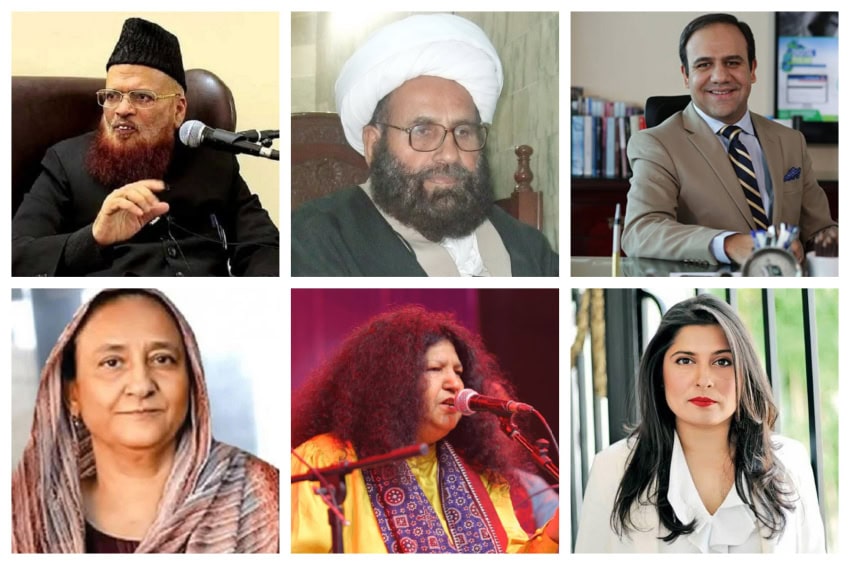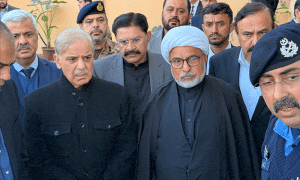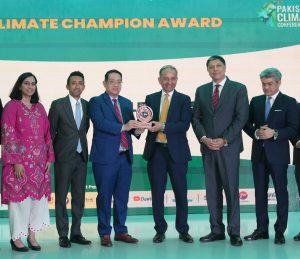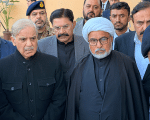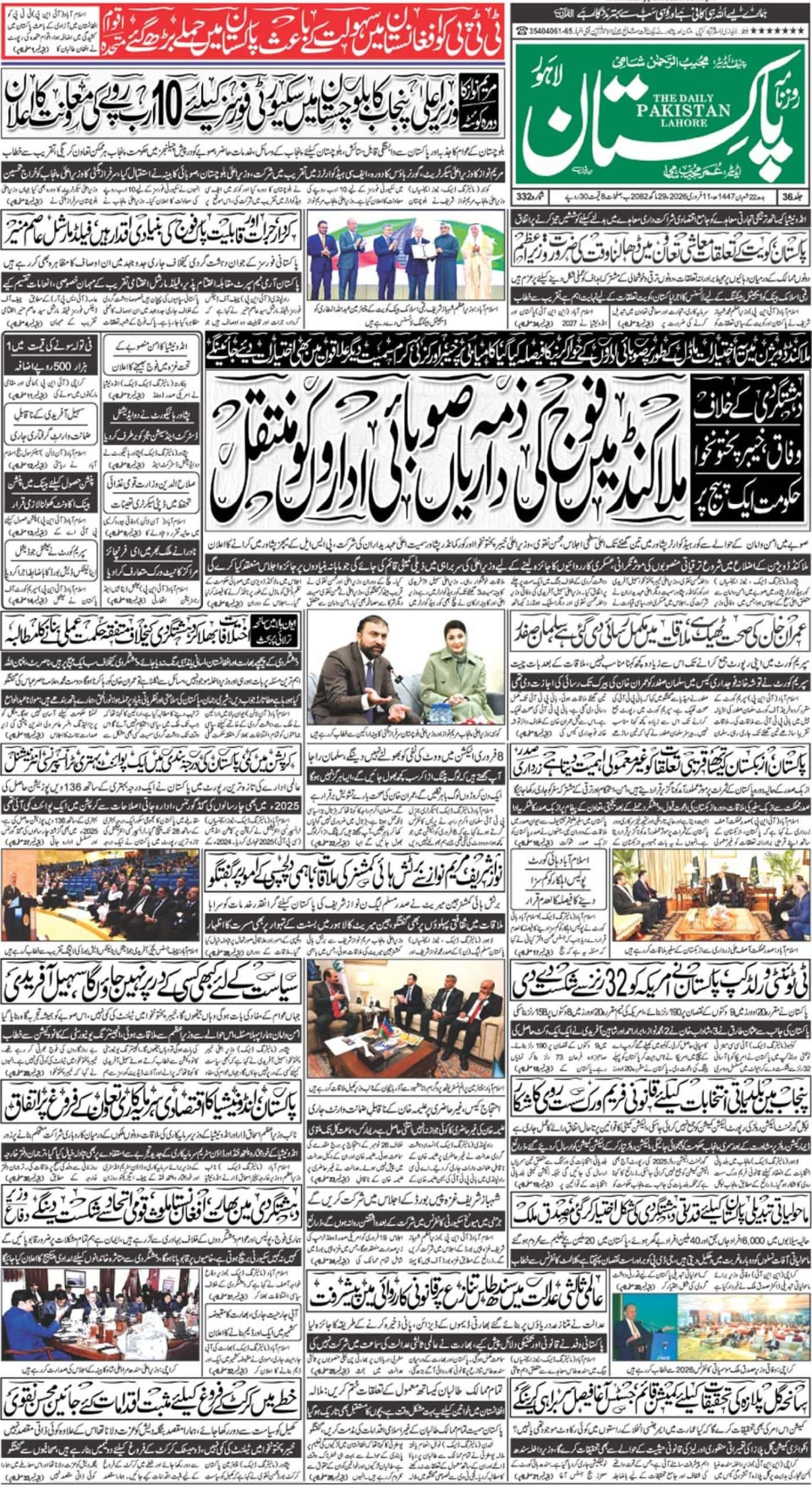The Jordan-based Royal Islamic Strategic Studies Centre (RISSC) has released its latest list of World’s 500 most influential Muslim personalities.
A number of Pakistani politicians, religious personalities and a social activist have made it to the list, which consists of various categories.
In Top 50 category, religious scholar Sheikh Muhammad Taqi Usmani has been placed at the sixth spot while the 32nd spot is reserved for scholar and preacher Maulana Tariq Jameel.
Maulana Nazur ur-Rehman, Amir of Tablighi Jamaat, is at the 42nd spot while Sheikh Muhammad Ilyas Attar Qadiri, Founder of Dawat-e-Islami Movement, is at the 50th place.
Saudi Arabia King Salman bin Abdul-Aziz Al-Saud has been placed at the top spot followed by Iran’s Supreme Leader Ayatollah Hajj Sayyid Ali Khamenei at the second place.
Here is the list of all Pakistanis named in the list of “The World’s 500 Most Influential Muslims”.
Mufti Muhammad Taqi Usmani
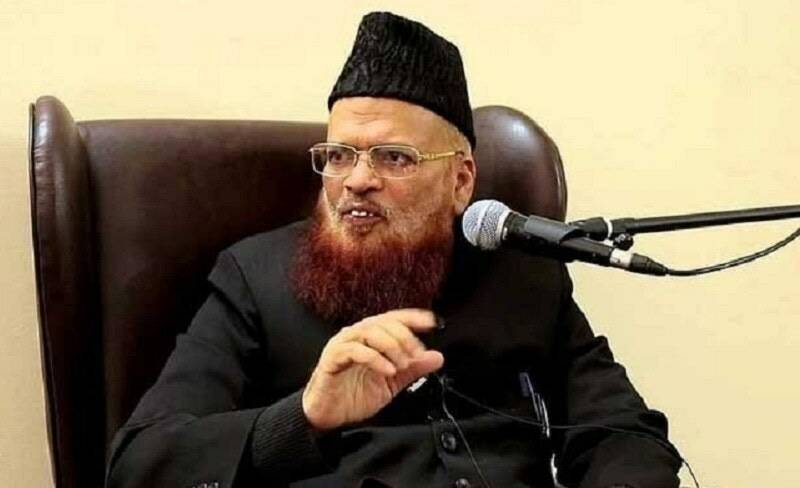
Justice Sheikh Mufti Muhammad Taqi Usmani is a leading scholar of Hadith, Islamic jurisprudence and Islamic finance. He is considered to be the intellectual head of the Deobandi School of Islamic learning, as well as an authority outside of the Deobandi School. He served as Judge of the Shari’at Appellate Bench of the Supreme Court of Pakistan from 1982 to May 2002.
PTI Chairman Imran Khan and former prime minister Imran Khan is the only from Pakistan in “Rulers and Politicians”
Maulana Tariq Jameel
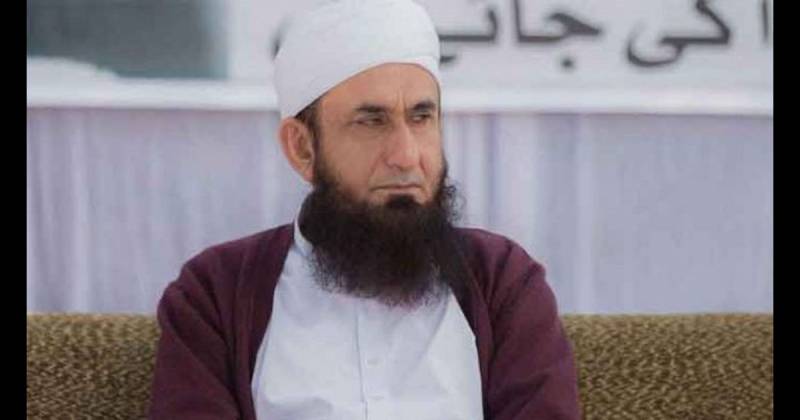
Maulana Tariq Jameel is a prominent Deobandi scholar who is also one of the most popular preachers in Pakistan. He belongs to the Tablighi Jamaat group and his lectures focus on the subject of self-purification, avoidance of violence, observance of Allah’s orders and pursuing the way of the Prophet Muhammad (PBUH).
Maulana Nazur ur-Rehman
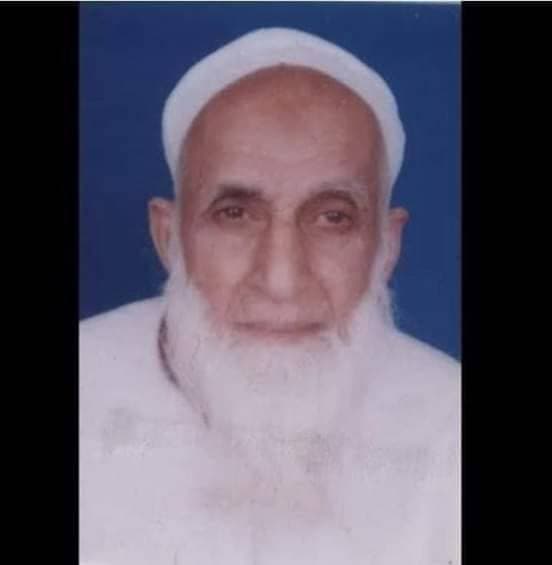
Maulana Nazur ur-Rehman is the fourth Amir of the Pakistani Tablighi Jamaat. He succeeded Hajji Abdul-Wahhab who passed away in November 2018, aged 96.
Sheikh Muhammad Ilyas Attar Qadiri
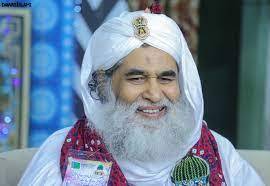
Sheikh Qadiri is an Islamic scholar belonging to the Qadri Razawi order and is the leader of Dawat-e-Islami, a global religious organization spread over 195 countries. Sheikh Muhammad Qadiri studied for 22 years under the former Grand Mufti of Pakistan, Sheikh Mufti Waqar udDin Qadri Razavi. He has authored over 30 books, including Faizan-e-Sunnat on the merits of good deeds.
Imran Khan
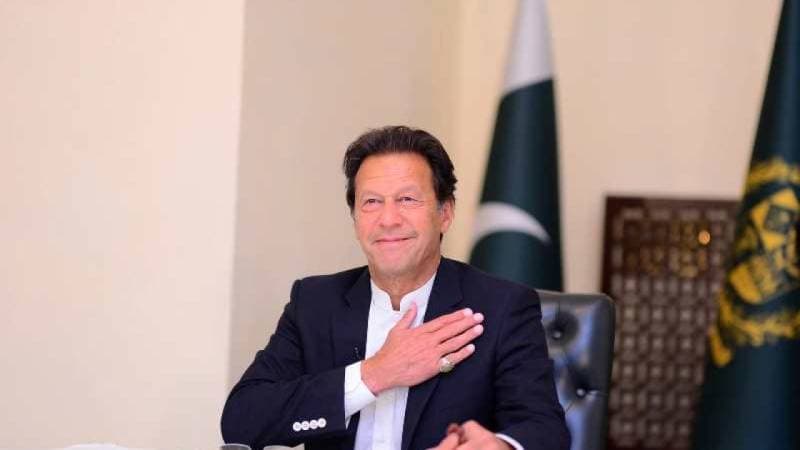
Imran Khan became the Prime Minister of Pakistan in 2018 amid huge expectations that he could bring the country forward on issues of governance, accountability and reduction of corruption. He endured a tough time before being ousted in April 2022 through a no-confidence motion. He has maintained that foreign interference played a major role in his ousting and pointed fingers at various institutions in the country. In August 2022, Khan himself was charged by the Pakistani police under anti-terror laws and is currently on bail. Khan still maintains massive popular support in the country as well as with the large and powerful Pakistani diaspora. His challenges are seen as part of the inevitable results of trying to change a system rife in corruption and of trying to reduce the role of the military.
Professor Akbar Ahmed
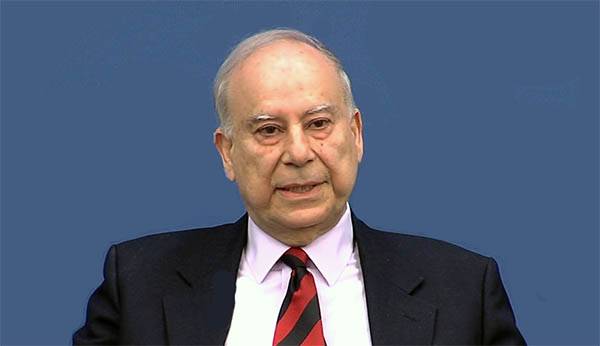
Professor Akbar Ahmed is the Ibn Khaldun Chair of Islamic Studies at the American University in Washington, DC and the former Pakistani High Commissioner to the UK and Ireland. In addition to his academic and public sector careers, Ahmed has produced a number of noteworthy films and authored more than a dozen award-winning books. He produced the Jinnah Quartet and feature film, Jinnah (1998). He was awarded the 2017 Sir Syed Day Lifetime Achievement Award for excellence in Poetry, Literature, Arts and the Sciences and declared the 2017 Scholar/Teacher of the Year of the American University School of International Service. Ahmed was awarded the Diplomatic Leadership Award in 2019 from PakPac USA for outstanding academic endeavour. He has produced two films: Journey into America and Journey into Europe, which are both accompanied with books with the same titles.
Malala Yousufzai
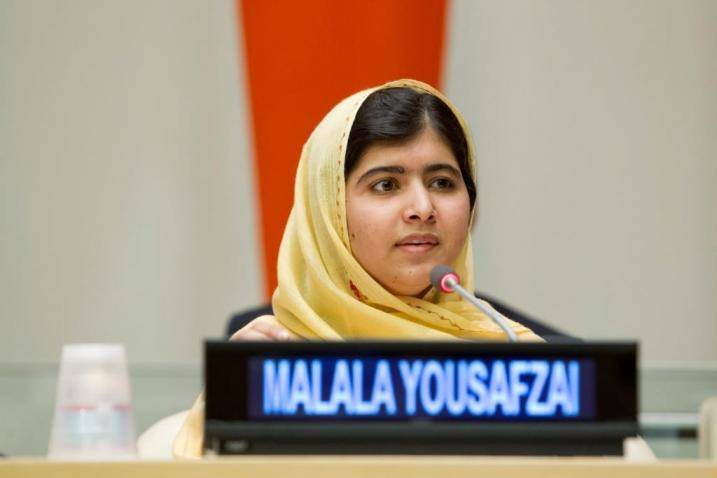
Yousufzai’s rise to prominence began tragically when the Taliban shot her in a school bus for encouraging girls to go to school in Swat. After the assassination attempt, Malala was flown to England, where she recovered and continued her schooling. She received high-profile support for her campaign to ensure that all children worldwide be schooled. In 2013, Yousafzai addressed the UN, received the prestigious Sakharov Prize, and was nominated for the Nobel Peace Prize, which she co-received in 2014 at the age of 17, thereby becoming its youngest-ever recipient. She has been granted audiences with royalty and world leaders, and this along with her high-profile international exposure has led some in her native Pakistan to question whether she has overreached. Now graduated from Oxford University, books published and contracts from media companies, her global profile continues to rise.
Dr Farhat Hashmi
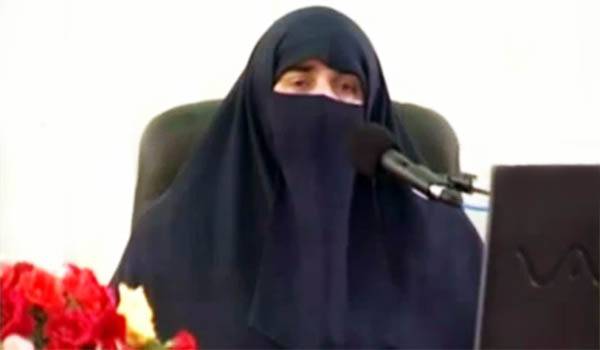
Dr Farhat Hashmi is an influential Islamic teacher, public speaker, and scholar. She is a prominent name in the burgeoning field of the role of women in Islam. In addition to the academic aspects of Islamic teachings, Hashmi also focuses on its relatable and practical aspects, thereby ensuring that her message resonates with a multitude of women across the globe. She holds a PhD in Hadith Sciences from the University of Glasgow, Scotland. She is the Founder of Al-Huda International, a non-profit institute founded in 1994. Al-Huda promotes Islamic learning and serves in the field of social welfare and has branches across Pakistan as well as internationally
Grand Ayatollah Muhammad Hussain Najafi
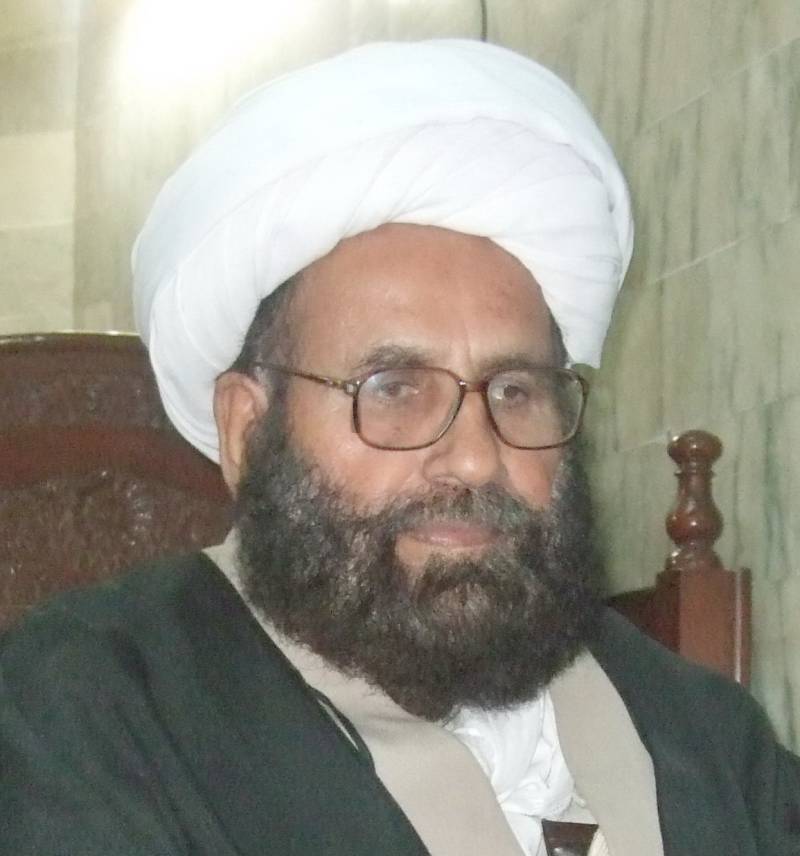
Grand Ayatollah Muhammad Hussain Najafi is the only marja in South Asia. Based in the Sargodha district of the Punjab province in Pakistan, he was the first scholar from that country to be given the status of marji’iyya and is one of only two Ayatollahs from Pakistan
Sheikh Dr Tahir Al-Qadri
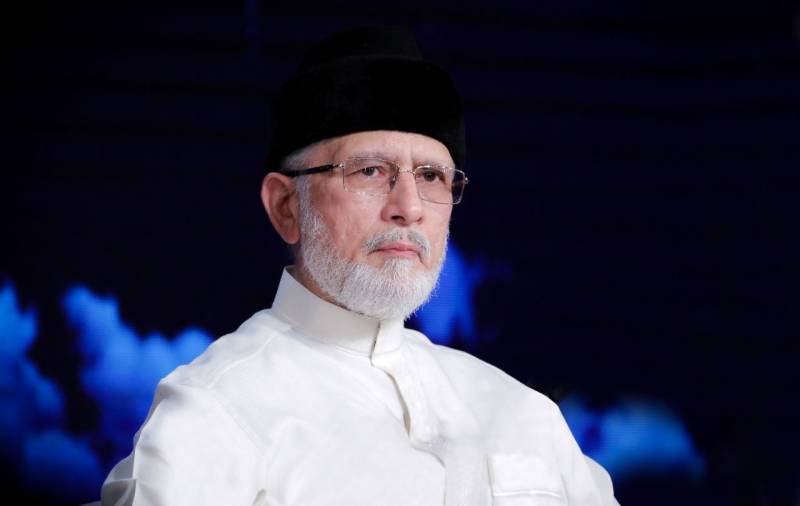
Sheikh Tahir Al-Qadri is a Professor of law and the founder of Minhaj ul Qur’an International Worldwide and the Minhaj Welfare Foundation. Al-Qadri has authored some 450 published works and given more than 6,000 lectures on various subjects which are aired on international satellite channels. In March 2010, Qadri issued a 600-page fatwa declaring that terrorists and suicide bombers are unbelievers. He has continued to be outspoken against terrorists. His attempts to lead popular revolts against the Pakistani government has led to a fall in his standing. He is based in Canada
General Qamar Javed Bajwa
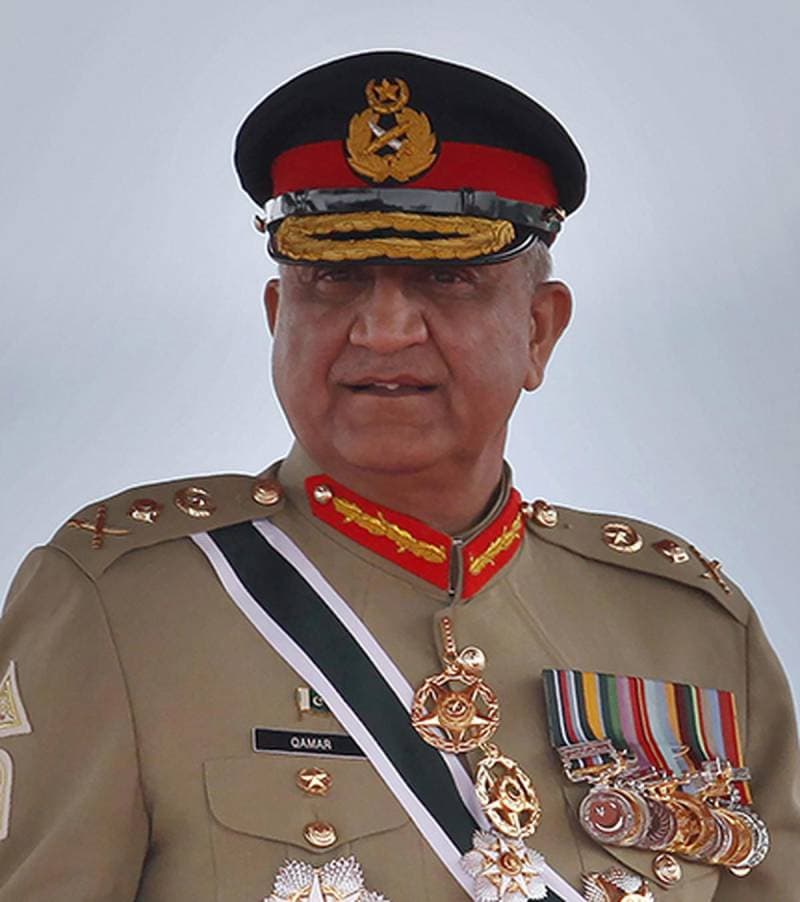
General Qamar Javed Bajwa is the current Chief of Army Staff (COAS) of the Pakistan Army having been appointed so in 2016, ahead of two more senior generals, by then prime minister Nawaz Sharif. His tenure of the post was extended for another three years by then prime minister, Imran Khan, in August.
He is set to retire in the running month.
Shehbaz Sharif
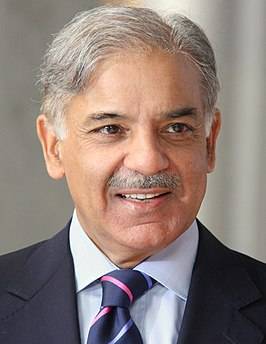
Prime Minister Shehbaz Sharif became the 23rd prime minister of Pakistan in April 2022 after a no-confidence motion against former Prime Minister Imran Khan. Sharif is the brother of former Prime Minister Nawaz Sharif and has himself had a long political career, being the President of the Pakistan Muslim League and serving as the Chief Minister of Punjab three times (1997, 2007, and 2013). He was arrested in 2020 on charges of corruption and money laundering and spent a few months in jail before being granted bail in April 2021. Although enjoying a reputation as a competent administrator, he has much work to do to build national and international trust in his government.
Nawaz Sharif
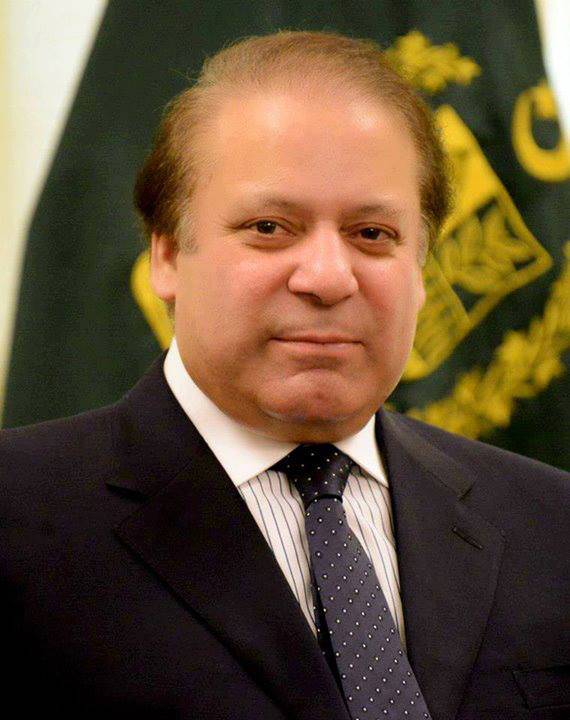
Mian Muhammad Nawaz Sharif served as Prime Minister of Pakistan on 3 occasions: from 1990- 1993, from 1997-1999 and from 2013-2017. On the last occasion he was forced to resign over corruption charges and in 2018 was convicted of corruption.
He received a 10-year sentence and spent 2 months in prison before the Pakistan High Court suspended the sentence (the same happened to his daughter, Maryam). Sharif was then found guilty of fresh corruption charges and an accountability court sentenced him to 7 years in prison and fined him $25 million. He was allowed to leave for London to receive medical treatment in November 2019 and has yet to return to Pakistan. It is widely expected that this will happen now that his brother has become Prime Minister.
Sayed Sajid Ali Naqvi
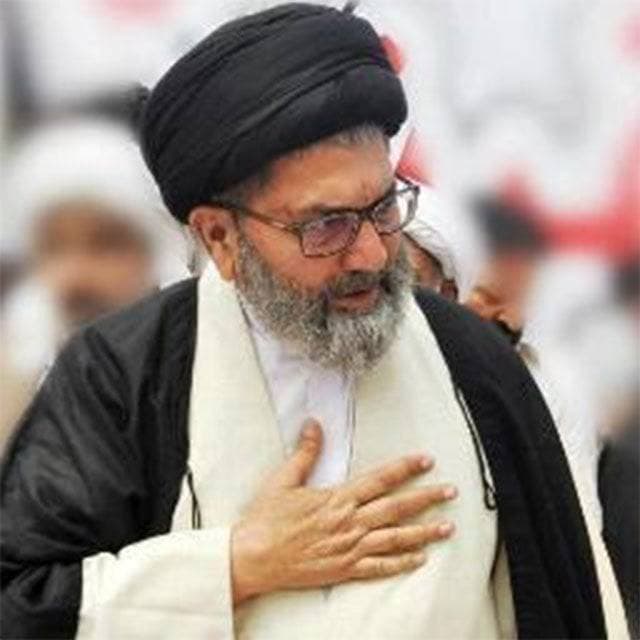
Ayatollah Syed Sajid Ali Naqvi leads the Shia Ulema Council (previously called Tehrik-e-Jafaria (TJP) of Pakistan). He was chosen by the Supreme leader of Iran, Ayatollah Syed Ali Khamenei, to lead Shia Muslims in Pakistan and is now his religious representative.
Siraj ul Haq
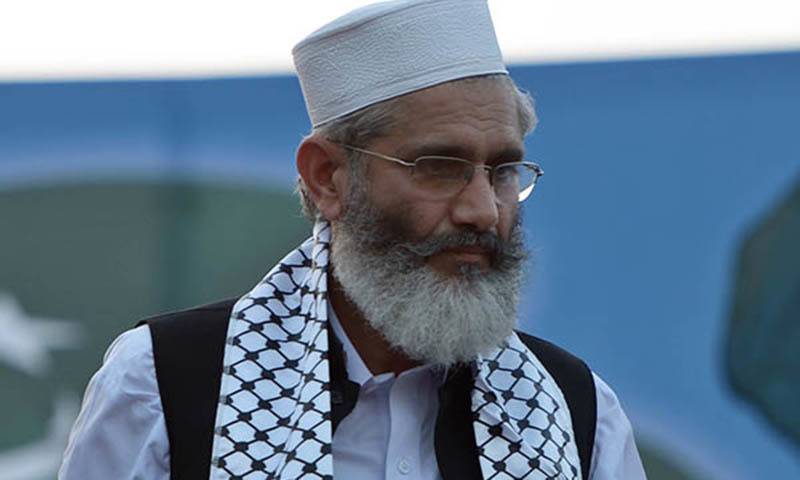
From humble beginnings, Ul-Haq has worked his way up to senior leadership positions in both religious and political parties. He is a former finance minister of the Khyber Pakhtunkhwa Assembly in Pakistan, resigning in protest against US drone strikes. In 2019, Ul-Haq was re-elected Ameer of Jamaat-e-Islaami, one of the most influential Islamic movements in Pakistan. He became the Vice-President of Muttahida Majlis-e-Amal in March 2018. He served as Senator of Khyber Pakhtunkhwa to the Parliament of Pakistan from 2015-2021.
Khanum Tayyaba Bukhari
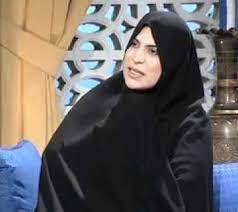
Bukhari is one of very few female religious scholars in Pakistan and has significant influence. She is a sought-after speaker who excels in six languages: Urdu, Arabic, Persian, English, Punjabi, and Siraiki. She also has a large following in Europe, North America, and Australia. Ms Bukhari is the founder of Bukhari Relief Foundation, a well-known, non-governmental charitable organisation that helps people all over Pakistan who have been displaced by major natural disasters.
Javed Ahmad Ghamidi
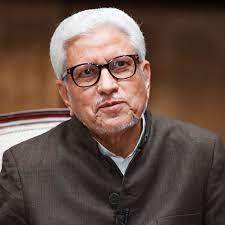
Javed Ahmad Ghamidi is a Pakistani public intellectual and Qur’an scholar. He is the founder of Al-Mawrid Institute of Islamic Sciences and its sister organisation, Danish Sara. He was a member of the Council of Islamic Ideology and in 2009, Ghamidi was awarded Sitara-i-Imtiaz, the third highest civilian honour of Pakistan. He appears regularly on TV shows and has a large middle-class professional following.
Professor Dr Adib Rizvi
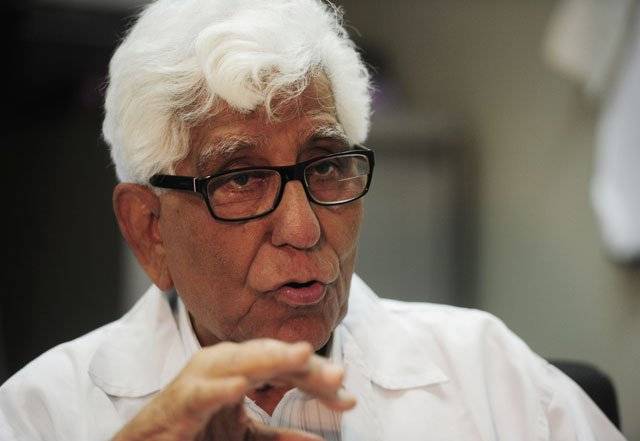
Dr Rizvi is one of Pakistan’s leading humanitarians, having established the largest free health organisation in Pakistan. He works as a doctor and an administrator at SIUT in Karachi, which was founded in 1971 as an eight-bed unit but is now the largest health organisation in Pakistan. SIUT provides free and comprehensive services in urology, nephrology, transplantation and liver-related diseases. He is the recipient of many awards for his life’s work.
Bilquis Edhi
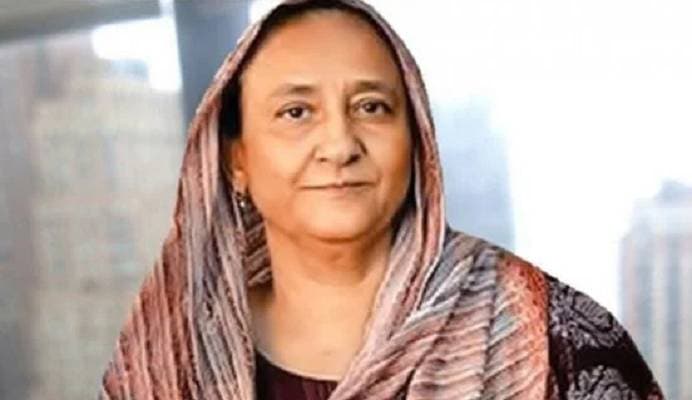
The wife of the late Abdul Sattar Edhi, Bilquis Edhi was a professional nurse and philanthropist in her own right. She ran several non-profit organisations for orphans, widows, and elderly people. Serving the nation for more than 50 years, she was known by the honorific title “Mother of the Nation”. In 2015, she received the Mother Teresa Memorial International Award for Social Justice.
Muniba Mazari
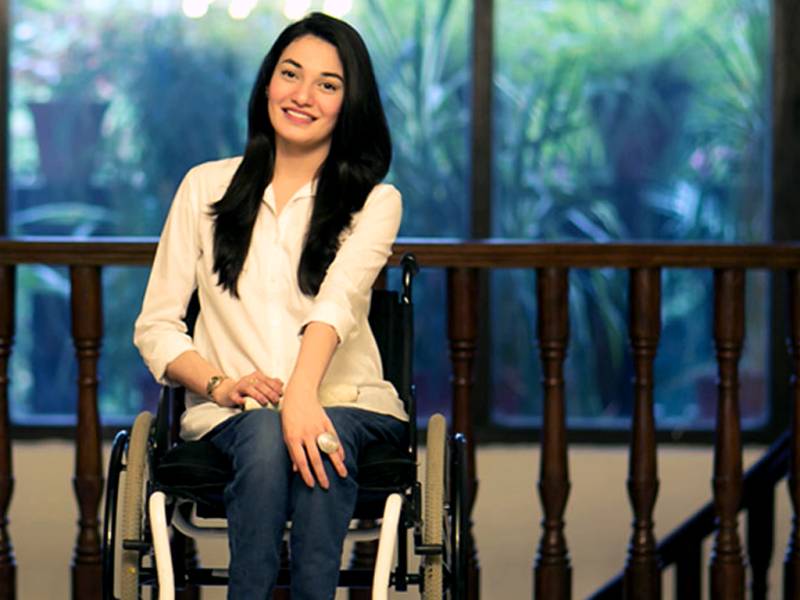
Muniba Mazari is an artist, motivational speaker, humanitarian, TV host, model and Pakistan’s First Goodwill Ambassador to UN Women Pakistan. She derives her strength from the tragic car accident that took place when she was 21 which left her wheelchair-bound. Since then, she has been a pioneering voice heard in different countries around the world, being a motivational speaker through TEDx, Entrepreneurs’ Organization (EO), Young Presidents’ Organization (YPO), VCon Malaysia, VCon Dubai, and several others. In June 2019, Muniba was appointed by former Prime Minister, Imran Khan, to be a part of Pakistan’s first-ever National Youth Council. She has over 5 million followers on different social media platforms.
Professor Atta-Ur Rahman
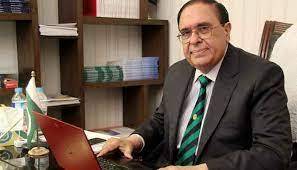
Atta-Ur Rahman is the Coordinator-General of the OIC’s COMSTECH, the Standing Committee on Scientific and Technological Cooperation for the promotion and cooperation of science and tech nology activities among the OIC member states. In 1999, he became the first Muslim scientist to win the UNESCO Science Prize. In 2013, in recognition of his work in the field of science, the largest Malaysian university, Universiti Teknologi Mara, named its Research Institute of Natural Products after Professor Atta-ur-Rahman. In 2014 he was awarded the International Cooperation Award, the highest award of the Chinese Academy of Sciences. In 2016, he was elected as Emeritus Academician of the Chinese Academy of Sciences, thereby becoming the first scientist from the Islamic world to be granted this honour. The same year, Professor Rahman was appointed Co-Chairman of a United Nations Committee on Science, Technology and Innovation covering the member countries of UNESCAP.
Umar Saif
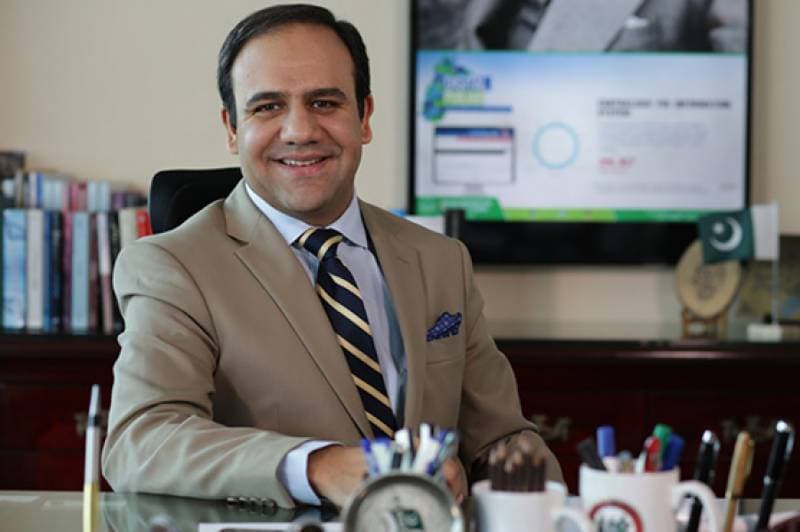
An award-winning scientist, entrepreneur, innovator, and a tech tycoon, Dr Saif studied at Cambridge University and was a core member of the $50 million Project Oxygen at MIT. He created the first start-up incubators in Pakistan: the Saif Center of Innovation. He is also the founding Vice-Chancellor of the Information Technology University in Punjab and is one of the main forces behind the IT ecosystem in Pakistan. The MIT Technology Review named Saif in its list of the “World’s Top Young Innovators for the year 2011”, and he was named “Young Global Leader” by the World Economic Forum in 2010. In recognition of his services to the country, in 2014 the Government of Pakistan conferred on him the Sitara-i-Imtiaz (Star of Excellence), one of the highest civilian awards in Pakistan. In 2017, he received the British Council Alumni Award for Professional Achievement. In 2019 he received an investment directly from the Bill & Melinda Gates Foundation to develop innovative Artificial Intelligence models for data collection
Irfan Siddiqi
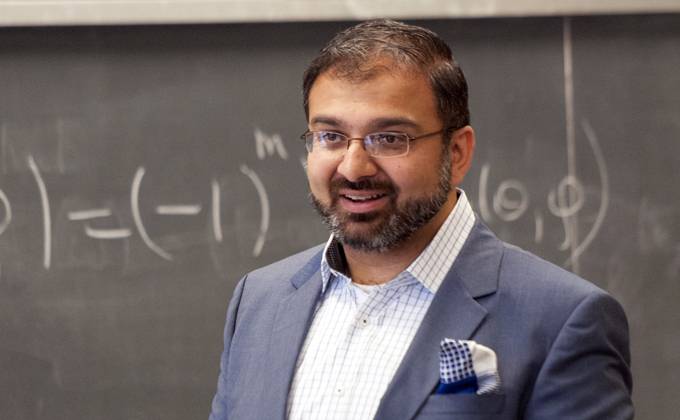
Irfan Siddiqi is an award-winning pioneering scientist who is best-known for the development of the Josephson bifurcation amplifier. He was born in Karachi and moved to the USA where he studied at Columbia, Harvard and Yale universities. He is Director of the Advanced Quantum Testbed and Professor of Physics at the Quantum Nanoscience Laboratory (established by him) and the Department of Physics at the University of California, Berkeley. In 2021, he received the Joseph F. Keithley Award.
Al-Hajj Siddiq Ismail
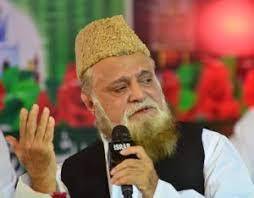
Al-Hajj Siddiq Ismail is a world-renowned naat and hamd reciter, philanthropist, and spiritual leader. He has been reciting for the past 50 years in over 10 languages. Ismail has performed in the presence of presidents, prime ministers, governors, chief ministers, and foreign dignitaries. He was presented with Pakistan’s national award, the Sitara-i-Imtiaz, and the prestigious Pride of Performance Award, which he donated to the victims of Swat and Malakand.
Sharmeen Obaid-Chinoy
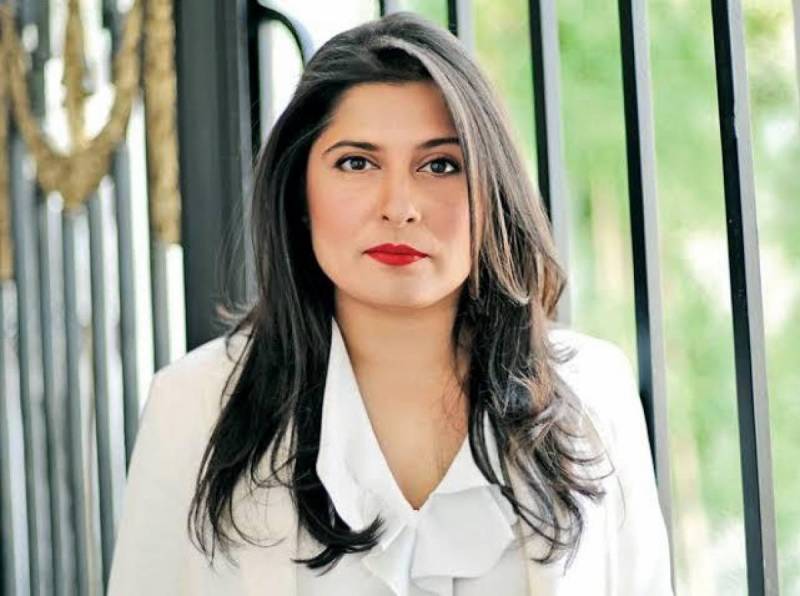
Obaid-Chinoy is an internationally acclaimed journalist, filmmaker and activist. Initially known for her filmwork highlighting women’s rights, she has gone on to win two Oscars, six Emmy awards for her films (three personally), and become the first artist to co-chair the World Economic Forum. The Government of Pakistan has honoured her with the Hilal-i-Imtiaz, the second highest civilian honour in the country, and Canada has awarded her a Queen Elizabeth II Diamond Jubilee Medal. In 2020, it was announced that Sharmeen will be co-directing the “Ms. Marvel” series for Disney+, bringing a Muslim super-hero to the big screen.
Abida Parveen
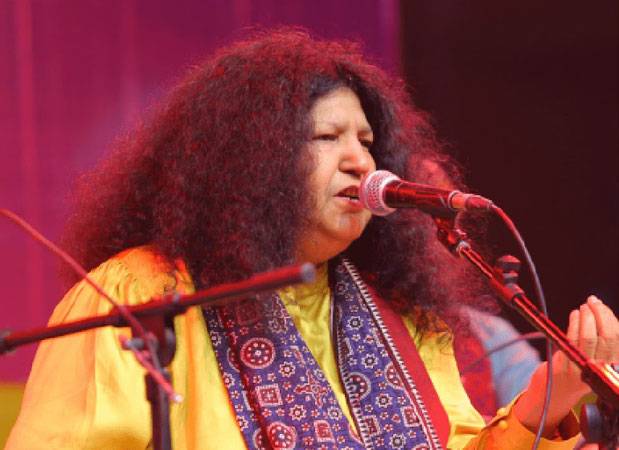
Abida Parveen is an internationally acclaimed vocalist, often referred to as “the Queen of Sufi mystic singing”. She is the only woman to reach this level of influence in devotional music. She specialises in traditional ghazals, and often performs before stadium-sized audiences across South Asia and globally. In 2017, she was designated a Peace Ambassador by SAARC. In 2020, Parveen received the PISA Lifetime Achievement Award and in 2021 was awarded the highest civilian award, the Hilal-e-Imtiaz, by the President of Pakistan.
Muhammad Owais Raza Qadri
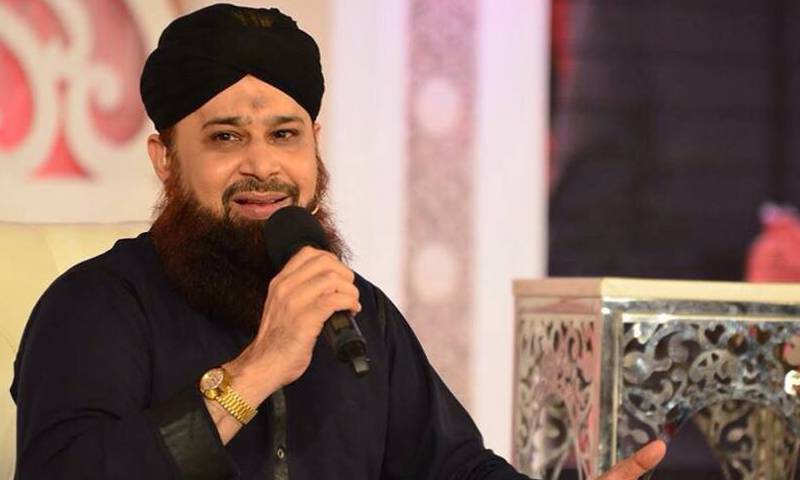
With millions of followers, Qadri is considered a legend in the field of naat recitation. He is known for his passionate performances as well as his beautiful voice. A devout Muslim, he is particularly vocal on the subject of his love for the Prophet Muhammad. He has over 4 million followers on social media and his Youtube videos have over 235 million views.
Zaid Hamid
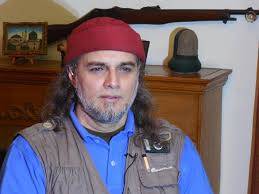
One of the most influential television and social media personalities in Pakistan, Zaid Hamid is a security consultant and strategic defence analyst by profession. He is also a popular political commentator, former host of a highly popular TV series on geo-politics and Islamic history, and is the founder of Brass Tacks, a Pakistani think tank on global politics. He maintains a huge audience within Pakistani society, with millions of followers on social media, especially among the youth and Armed Forces. In 2015, he was arrested by Saudi authorities while on Umrah because of his opposition to the proposed Pakistani participation in the Saudi Arabian-led intervention in Yemen. He was released shortly afterwards after intervention by the Pakistani army
Salman Iqbal
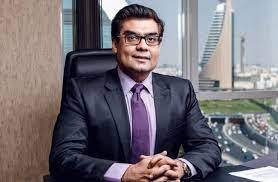
Salman Iqbal owns ARY Digital Network, the largest media network in Pakistan. The network’s reach covers Pakistan, the Middle East, Europe, North America, and many other regions of the world. He is recognised as an independent media voice in Pakistan and one of the most powerful and influential media personalities in the Muslim World.
Mir Shakil-ur-Rahman
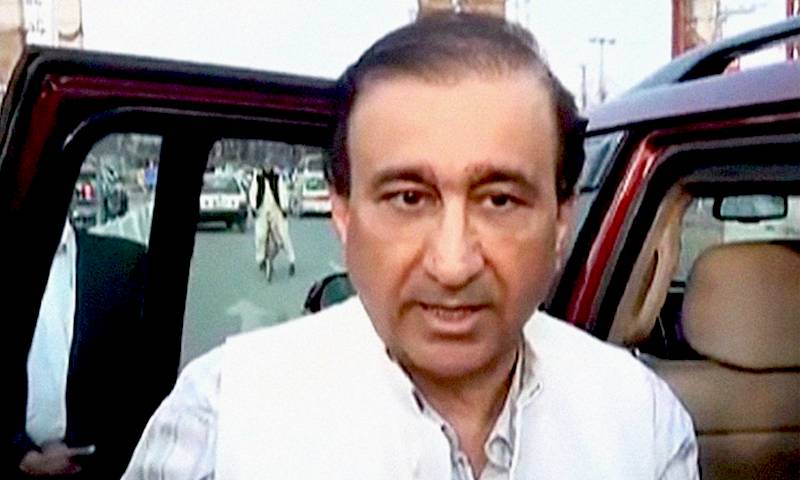
Shakil-ur-Rahman is the owner of the Independent Media Corporation, Pakistan’s largest media conglomerate. The Geo TV network and Jang Group are both under this umbrella organisation. Shakil-ur-Rahman is also President of the All Pakistan Newspapers Society and the Chief Executive and Editor-in-Chief of the Jang Group, which publishes a number of newspapers and magazines in Urdu and English. Shakil-ur-Rahman was arrested on 12 March 2020 on the allegation of land fraud and was granted bail after eight months.
Shehbaz Sharif, Imran Khan, Gen Bajwa named among world’s 500 most influential Muslims

